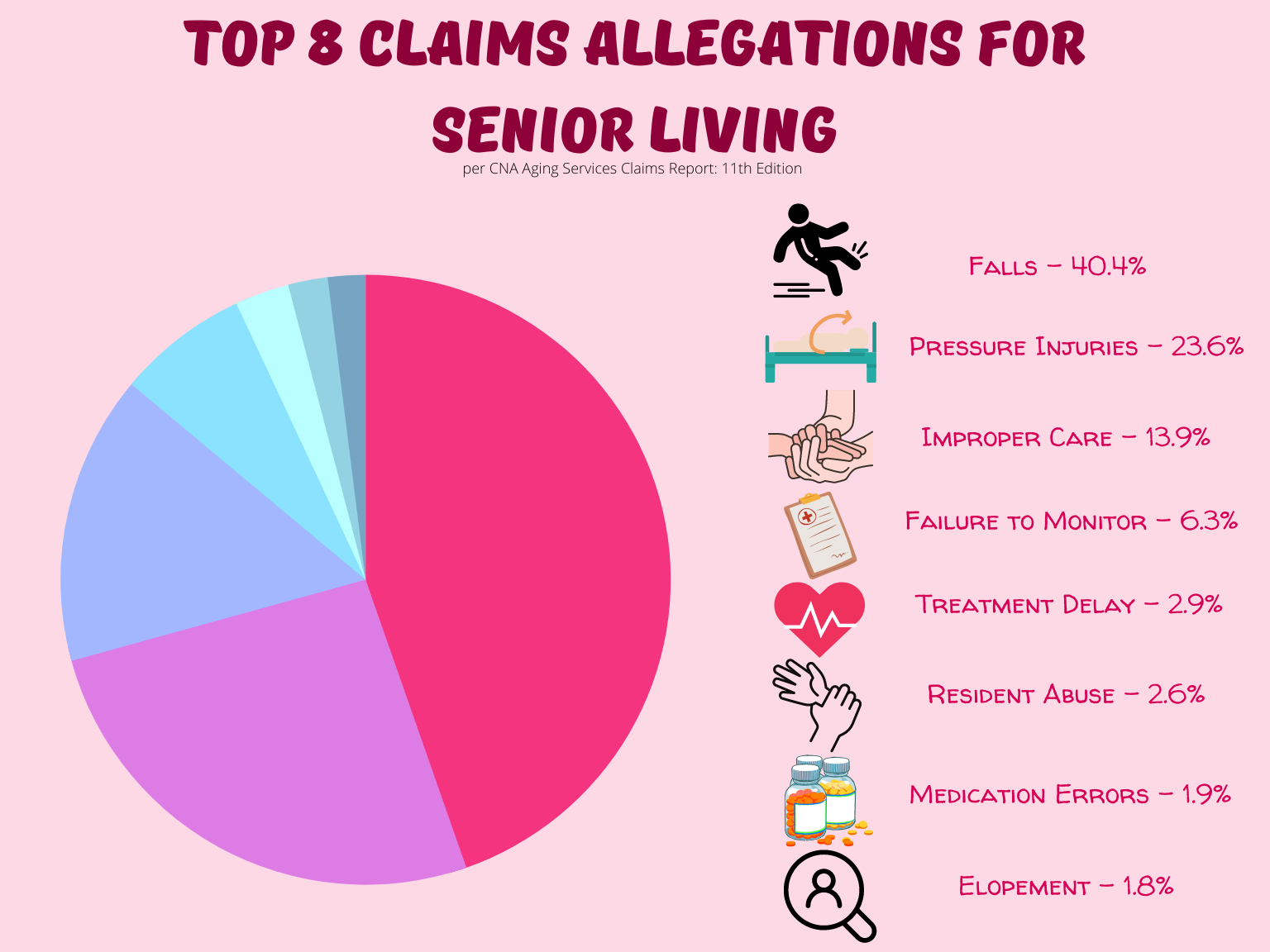Falls – According to the report, falls-related claims continue to be the top allegation in both skilled nursing and assisted living facilities. Additionally, the average severity for fall-related claims has continued to climb over the past several years. Assisted living facilities have seen a marked increase in the percentage of claims occurring in these settings.
Fall-related claims frequently involved improper care allegations such as dropping a resident during a transfer, failing for follow a resident’s fall care plan, or the failure of a facility to identify a resident as being at risk for falls. A Philadelphia nursing home lawyer confirms that improper care and failure to monitor residents account for a large majority of falls claims against care facilities. Another reason for a falls-related lawsuit is a fall caused by an unsafe environment.
Death was the top fall-related injury that resulted in claims for senior living communities such as nursing homes and assisted living facilities, with nearly 60% of the claims resulting in death. Other lawsuits included claims for fractures, head injuries, and lacerations.
Pressure Injury – Pressure injury lawsuits are primarily focused in nursing home sector, with nearly 95% of claims filed. However, a rise in lawsuits has been noted in assisted living and independent living facilities as residents in those settings “age in place.” Over 65% of the closed claims reviewed had resulted in a resident death.
Improper care that can spur a lawsuit for pressure injuries includes:
- Failure to evaluate residents for skin breakdown risk and implement interventions to maintain skin integrity
- Failure to properly monitor and assess wounds
- Failure to transfer to a higher level of care (such as a hospital) if indicated
If your loved one has developed a preventable pressure injury while a resident at a nursing home, it’s advisable to reach out to a Philadelphia pressure ulcer lawyer for advice and guidance to see if you can file a claim.
Improper Care – This broad category accounts for nearly 14% of resident claims against senior living providers. A Philadelphia nursing home lawyer recognizes that facilities that understaff may be unable to provide the necessary care and services that residents require. Understaffed facilities that provide improper care that results in a resident injury should be investigated by a nursing home understaffing attorney to determine if a claim may be filed.
Failure to Monitor – Claims for failure to monitor may include situations in which nursing home staff or contractors failed to adequately monitor and respond to a resident’s clinical needs. For example, a registered nurse who fails to check the blood sugar of a diabetic resident as required by a physician order may be liable if the resident falls into a diabetic coma.
Treatment Delays – Nursing home lawsuits for treatment delays occur when a nursing facility or assisted living facility does not initiate care in a timely and appropriate manner. For example, if a nursing home resident falls and strikes their head, a physician may order additional diagnostic testing, such as an X-ray or CT scan. A nursing home that fails to complete this diagnostic testing for over a week may be liable for an injury sustained or worsened due to the treatment delay.

